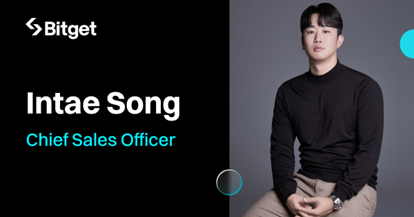Fraser Institute News Release: Ontario curricula for Grades 1 to 12 lacking in Canadian history
TORONTO, April 25, 2024 (GLOBE NEWSWIRE) — The curriculum guides for Ontario elementary and high school students are lacking in specific Canadian history content, and are not organized chronologically to give students a solid foundational knowledge of the nation’s past, finds a new study released today by the Fraser Institute, an independent, non-partisan Canadian public policy think-tank.
“Ontario students are not taught enough about the specifics of Canada’s history, and the little amount of Canadian history that is taught is not presented in a logical, chronological order. This will no doubt confuse students and make it hard for them to put important historical events and figures into context,” said Michael Zwaagstra, Fraser Institute senior fellow and author of Canadian History Untold: Assessing the K-12 Curriculum Guides in British Columbia and Ontario.
The study analyzes the Canadian history content in both the Ontario and B.C. curriculum guides for grades 1 to 12, and finds that the amount of specific Canadian history—important dates, specific events and specific historical figures—required to be taught to students is limited, and it isn’t presented in a logical, chronological order.
For example, students only start learning Canadian history (from 1780 to 1850) in Grade 3, with no requirement that students learn about any specific people or events. In Grade 4, students then jump back in time to learn about early civilizations from 3000 BCE to 1500 CE. In Grade 5, students leap forward to the 17th and 18th centuries to learn about First Nations and European settler communities in New France. The grades 7 and 8 curriculum guides are chronological, but specific content, again, is not required leaving it up to individual teachers what their students will learn.
There is only one required course in all of Ontario’s high school curriculum guide that teaches Canadian history—Canadian History Since World War I—in Grade 10.
“Because there is little requirement for students to learn about specific dates, important events or historical figures in Canada’s past, students will learn very different things depending on who their teacher is, and what that teacher thinks is important,” Zwaagstra said.
“If the provincial government is going to mandate a curriculum, at the most basic level those curriculum guides need to be comprehensive and balanced.”
MEDIA CONTACTS:
Michael Zwaagstra, Senior Fellow
Fraser Institute
To arrange media interviews or for more information, please contact:
Drue MacPherson, 604-688-0221 ext. 721, drue.macpherson@fraserinstitute.org
Follow the Fraser Institute on Twitter | Like us on Facebook
The Fraser Institute is an independent Canadian public policy research and educational organization with offices in Vancouver, Calgary, Toronto, and Montreal and ties to a global network of think-tanks in 87 countries. Its mission is to improve the quality of life for Canadians, their families and future generations by studying, measuring and broadly communicating the effects of government policies, entrepreneurship and choice on their well-being. To protect the Institute’s independence, it does not accept grants from governments or contracts for research. Visit www.fraserinstitute.org


















